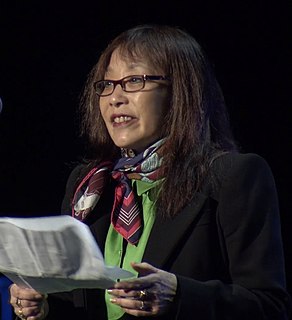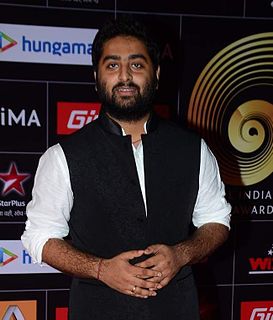A Quote by Jenny Zhang
Lena Dunham and Jenni Konner, who founded Lenny Books together, also happen to have exquisite reading tastes - from obscure small press poetry chapbook to dishy memoirs to literary novels - and so it's a real honor that they've chosen to announce their imprint with my stories.
Related Quotes
I would like to be known for honest, relatable writing and stories that that are real. There's just this shift I think is happening in a lot of society right now where being your most real self, however embarrassing or vulnerable or weird that is, is the coolest. I feel like that's what Lena Dunham's about and Amy Schumer's about.
Most novels put out by small or corporate presses don't really sell that well - usually a thousand copies or so. Working with a small press, you have to be willing to book reading tours, plan events, make contacts with other small press authors, and find new ways of getting word about your new work out there.
The majority of American writers today have chosen passive non-resistance to things as they are, producing sloughs of poetry about their personal angst and anomie, cascades of short stories and rivers of novels obsessed with the nuances of domestic relationships - suburban hanky-panky - chic boutique shopping mall literary soap opera. When they do speak out on matters of controversy they attack not the evils of our time but fellow writers who may insist on complaining.
I love short stories - reading and writing them. The best short stories distill all the potency of a novel into a small but heady draught. They are perfect reading material for the bus or train or for a lunchtime break. Everything extraneous has been strained off by the author. The best short stories pack the heft of any novel, yet resonate like poetry.
I think training your instinct comes from writing and reading. There's no big secret. And reading slush helps, as well; I'd recommend everyone edit a literary magazine at some point. It's time-consuming, but there's a lot to learn from other writers who are also learning. The patterns (twelve stories about whales in this batch?) are also interesting.



































